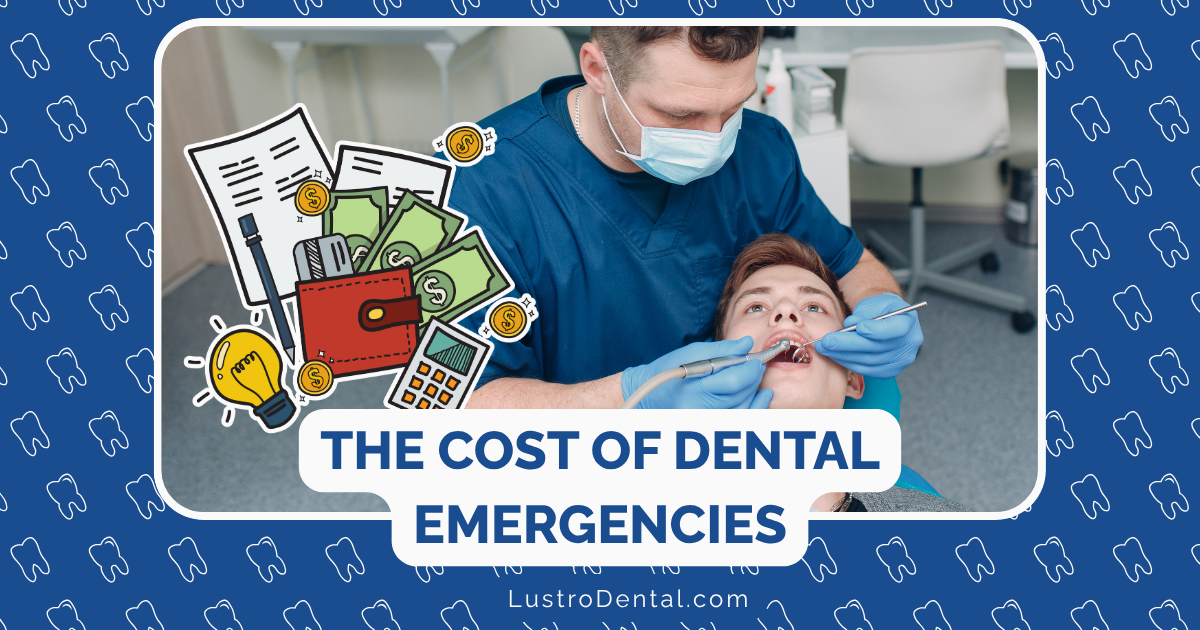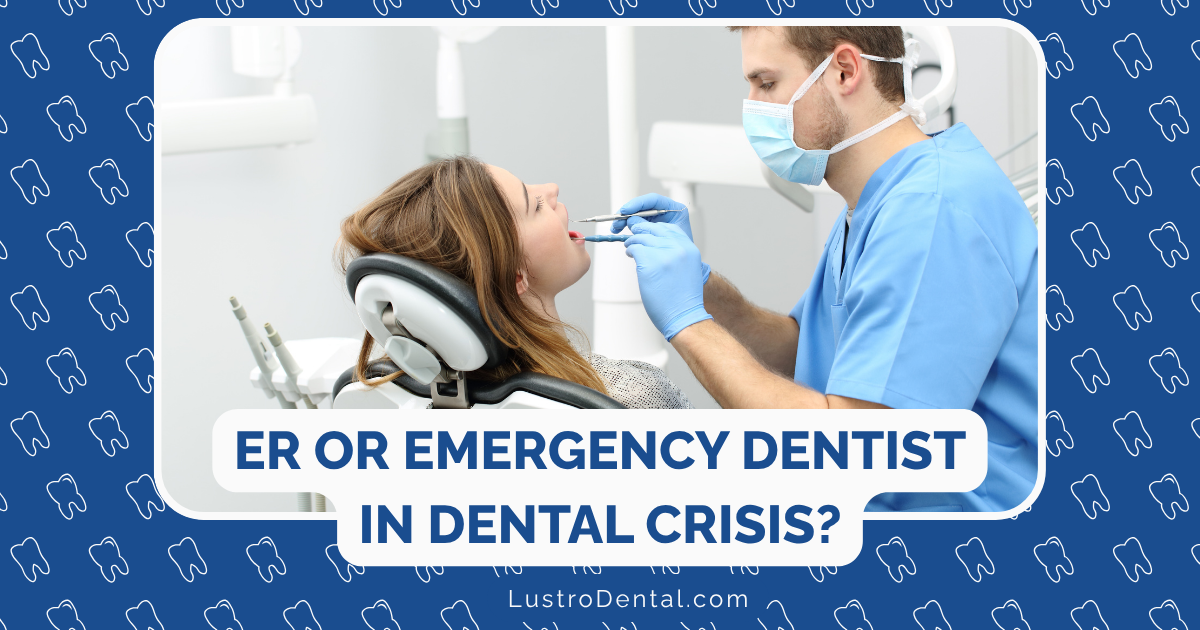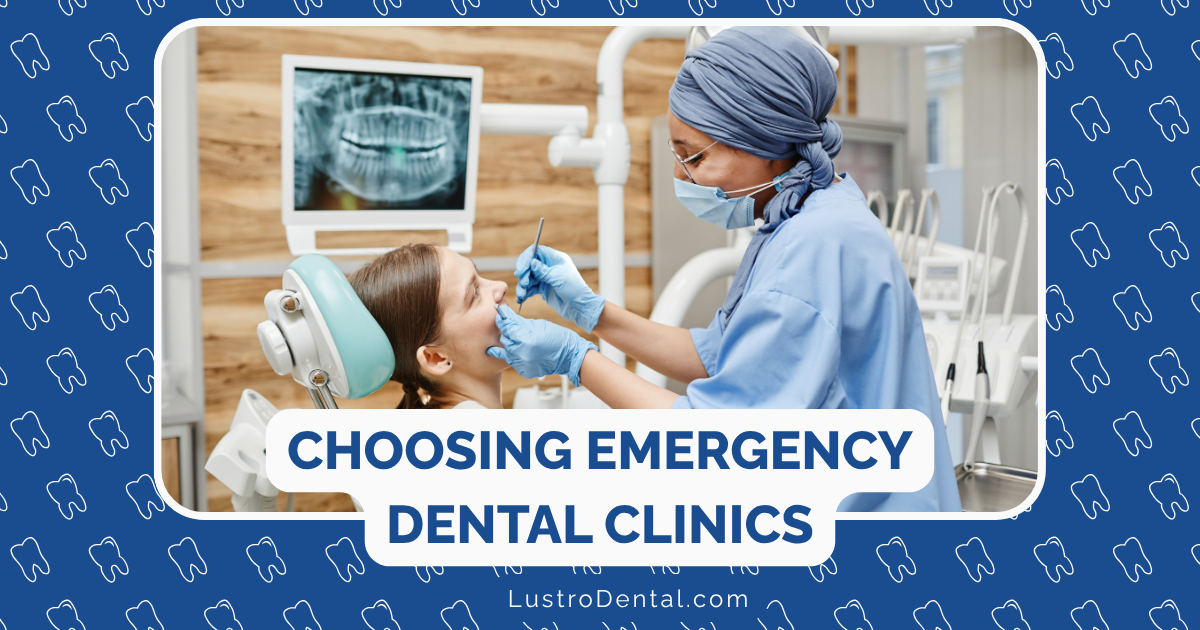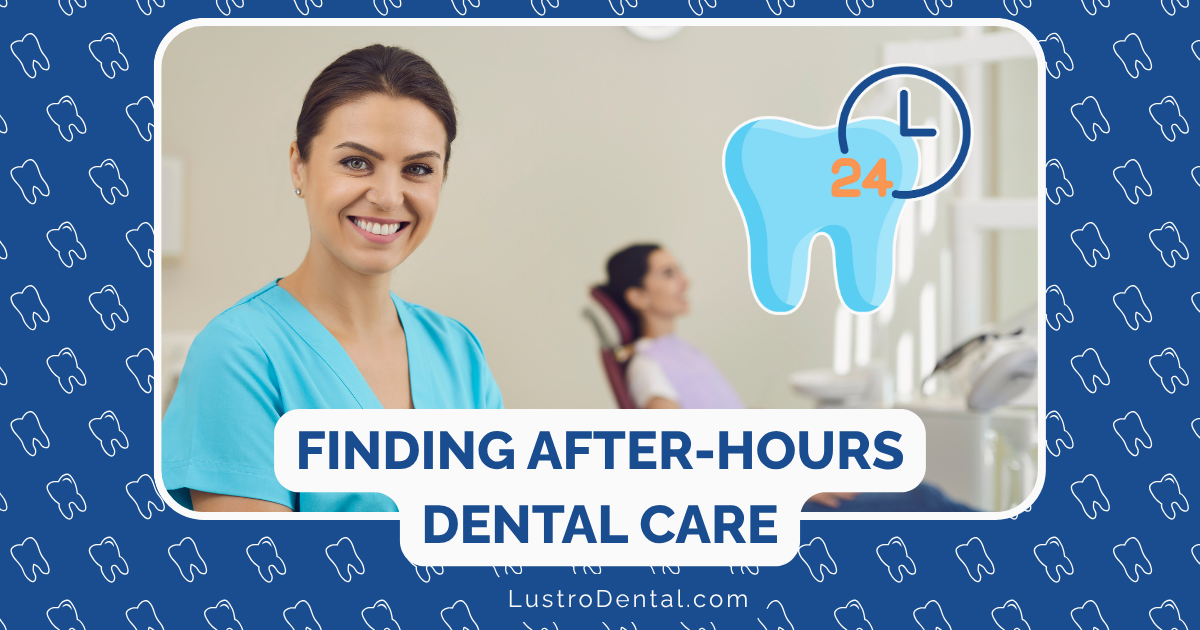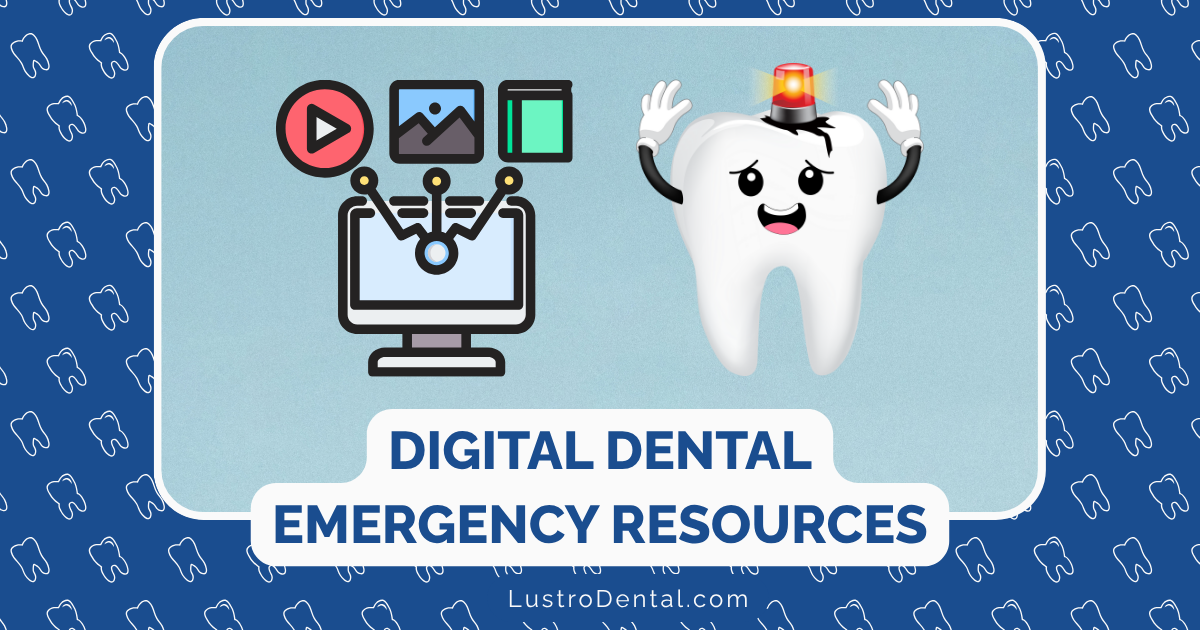Night Guard and Retainer Emergencies: Repair vs. Replacement Options
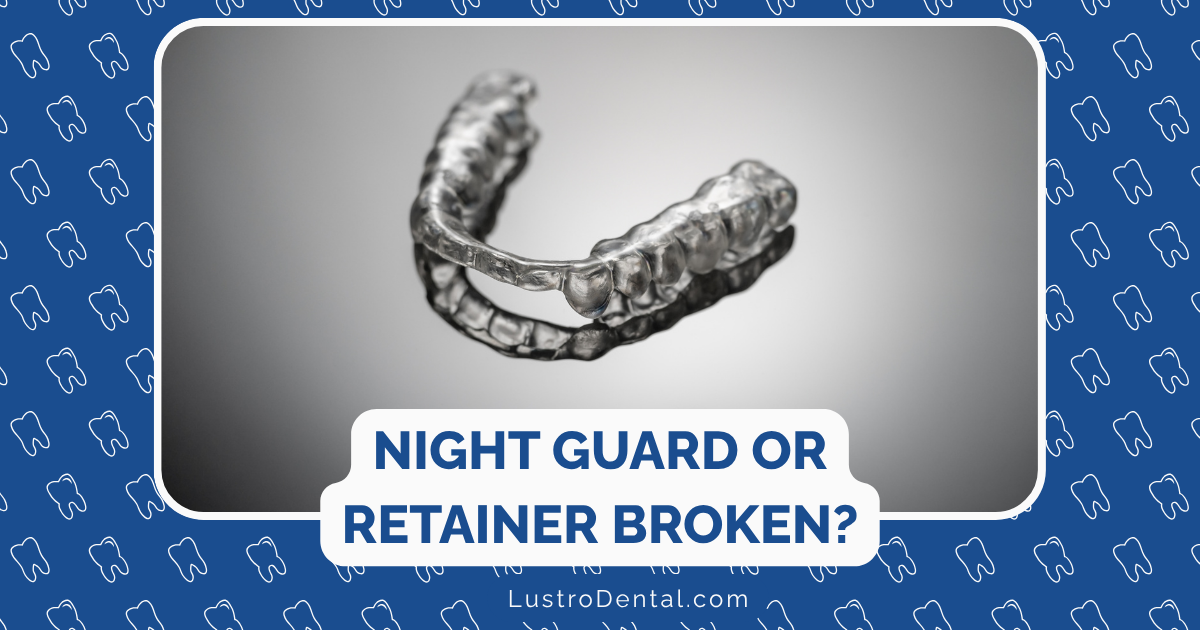
It’s always at the most inconvenient time, isn’t it? You’re packing for a business trip, or you’re about to head out for the weekend, and there it is – your night guard with a crack running through it, or your retainer snapped in half. I’ve seen the panic in my patients’ eyes when this happens, and I understand completely. These dental appliances aren’t just expensive investments; they’re essential protectors of your dental health.
Let’s talk honestly about what to do when disaster strikes your dental appliances and when you should night guard repair versus replace them.
Assessing the Damage: Is It Salvageable?
Before making any decisions, you need to understand what you’re dealing with. Different types of damage require different approaches.
For Night Guards
Night guards typically experience these common issues:
- Small cracks or chips: Minor damage that doesn’t affect the fit
- Major fractures: Breaks that split the guard into multiple pieces
- Worn-down surfaces: Thinning from months or years of grinding
- Warping: Distortion from improper storage or exposure to heat
- Holes: Punctures from excessive pressure points
According to the American Dental Association, night guards are designed to distribute pressure evenly across your bite. When damaged, they can no longer perform this function effectively, potentially causing more harm than good.
For Retainers
Retainers face similar challenges, but with some key differences:
- Broken wires (fixed retainers): Metal components that have come loose or snapped
- Cracked acrylic (Hawley retainers): Fractures in the plastic portion
- Torn or split material (clear retainers): Tears that compromise the fit
- Loose or missing attachments: Components that have detached from the main structure
Dr. Mark Johnson of Orthodontic Associates notes that “even minor damage to retainers can allow teeth to shift surprisingly quickly, sometimes within just a few days.”
Emergency Solutions: What to Do Right Now
When you discover damage, here’s your immediate action plan:
Step 1: Document the Damage
Take clear photos of the broken appliance from multiple angles. This will help your dental professional assess the extent of the damage, even before you get to the office.
Step 2: Safely Store the Pieces
Don’t throw anything away! Even fragments that seem unusable might help your dentist or orthodontist determine the best course of action. Store all pieces in a clean container.
Step 3: Temporary Measures (Use with Caution)
For night guards:
- Minor cracks: You can continue using it for a night or two if absolutely necessary, but only if there are no sharp edges that could cut your mouth.
- Major damage: Don’t risk it. Using a severely damaged night guard can cause more harm than protection.
For retainers:
- Fixed retainer damage: If a wire is poking you, cover the sharp end with orthodontic wax (available at most pharmacies) until you can see a professional.
- Removable retainer issues: According to a study in the Journal of Clinical Orthodontics, wearing a damaged removable retainer can potentially cause tooth movement in the wrong direction. It’s better to go without it temporarily than risk misalignment.
DIY Repair: Proceed with Extreme Caution
Let me be clear: professional repair or replacement is almost always the best option. However, I understand emergencies happen.
What You Should Never Do:
- Never use superglue or household adhesives on any dental appliance. These products contain toxic chemicals not meant for oral use and can cause serious irritation or allergic reactions.
- Never attempt to reshape a warped appliance with heat unless specifically instructed by your dental professional.
- Never file or sand down rough edges yourself, as this can further weaken the structure.
Limited Emergency DIY Options:
If you absolutely cannot see a professional immediately, some pharmacies sell temporary dental repair kits specifically designed for oral appliances. These are not permanent solutions but can help in true emergencies.
The American Association of Orthodontists recommends using these kits only as a last resort and seeking professional care as soon as possible.
Professional Repair Options: When It’s Possible
Not all damage requires complete replacement. Here’s when repair might be an option:
For Night Guards:
- Small cracks away from the edges can sometimes be reinforced by your dentist.
- Minor surface wear can occasionally be built up with additional material.
According to dental materials specialist Dr. Sarah Chen from Advanced Dental Materials Institute, “The success of night guard repairs depends largely on the location of the damage and the material composition. Some newer materials bond better than others when repair is attempted.”
For Retainers:
- Loose wires on fixed retainers can often be reattached.
- Minor cracks in Hawley retainers can sometimes be repaired by an orthodontic lab.
- Clear retainers generally cannot be repaired effectively due to their manufacturing process.
When Replacement Is Necessary
Be prepared for replacement if:
- The fit has been compromised: Even minor changes in fit can render the appliance ineffective.
- Multiple or extensive cracks exist: Structural integrity is crucial for proper function.
- The appliance is more than 2-3 years old: Materials degrade over time, and damage might indicate the end of its useful life.
- You’ve had dental work done: Any changes to your teeth require adjustments to your appliances.
Cost Considerations: Repair vs. Replacement
Let’s talk numbers – because I know this matters when making decisions:
Night Guard Costs:
- Custom night guard replacement: $300-$600 depending on material and complexity
- Professional repair (when possible): $75-$150
- Over-the-counter temporary options: $15-$50 (not recommended as a long-term solution)
Retainer Costs:
- Hawley retainer replacement: $150-$300
- Clear retainer replacement: $100-$250
- Fixed retainer repair/replacement: $200-$500
- Professional repair (when possible): $50-$150
Many dental insurance plans provide partial coverage for replacement appliances, especially if they’re medically necessary. Check with your provider about your specific benefits.
According to a survey by Dental Economics, most dental practices offer some form of warranty on custom appliances, typically covering 6-12 months. If your damage occurred within this window, contact your provider to discuss warranty options.
Prevention: Avoiding Future Emergencies
The best repair is the one you never need. Here’s how to protect your investment:
- Proper storage: Always use the case provided, and keep it away from heat sources and pets.
- Regular cleaning: Follow your dentist’s specific care instructions for your appliance type.
- Careful handling: Remove and insert with even pressure, never forcing the appliance.
- Regular checkups: Have your dentist evaluate your appliance during routine visits.
- Consider a backup: Many orthodontists recommend having a spare retainer, especially if you’re prone to losing or damaging them.
Dr. Michael Roberts of Preventive Dental Care suggests, “Think of your dental appliances as you would prescription glasses – they require proper care, occasional professional adjustment, and eventual replacement.”
Creating a Dental Emergency Kit
Be prepared for appliance emergencies by maintaining a small kit containing:
- Orthodontic wax (for sharp edges)
- A small container for storing damaged pieces
- Your dentist’s emergency contact information
- A copy of your dental insurance card
- Cash or credit card set aside specifically for dental emergencies
When to Seek Immediate Professional Help
Don’t wait to contact your dental professional if:
- Your teeth feel different when you bite down after not wearing the damaged appliance
- You experience pain or discomfort related to the damage
- Sharp edges are causing irritation to your mouth
- You notice your teeth shifting position
Final Thoughts: Making the Right Choice
When facing a night guard or retainer emergency, remember that these appliances protect investments you’ve already made in your dental health. Cutting corners on repairs or replacements can lead to more extensive and expensive problems down the road.
Your dentist or orthodontist is your best resource for evaluating damage and recommending the most appropriate solution. Most practices understand the urgency of these situations and will try to accommodate emergency appointments.
Have you experienced a dental appliance emergency? How did you handle it? Share your experience in the comments below – your story might help someone else facing a similar situation!


